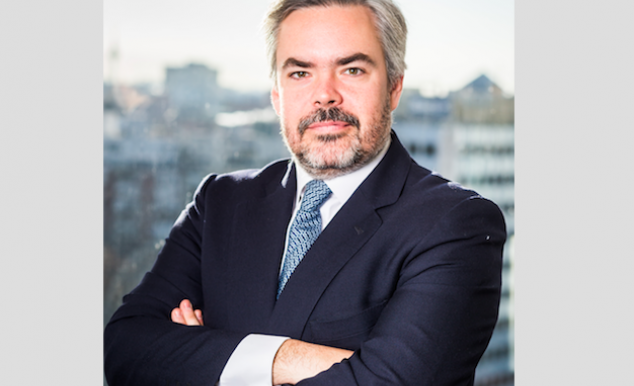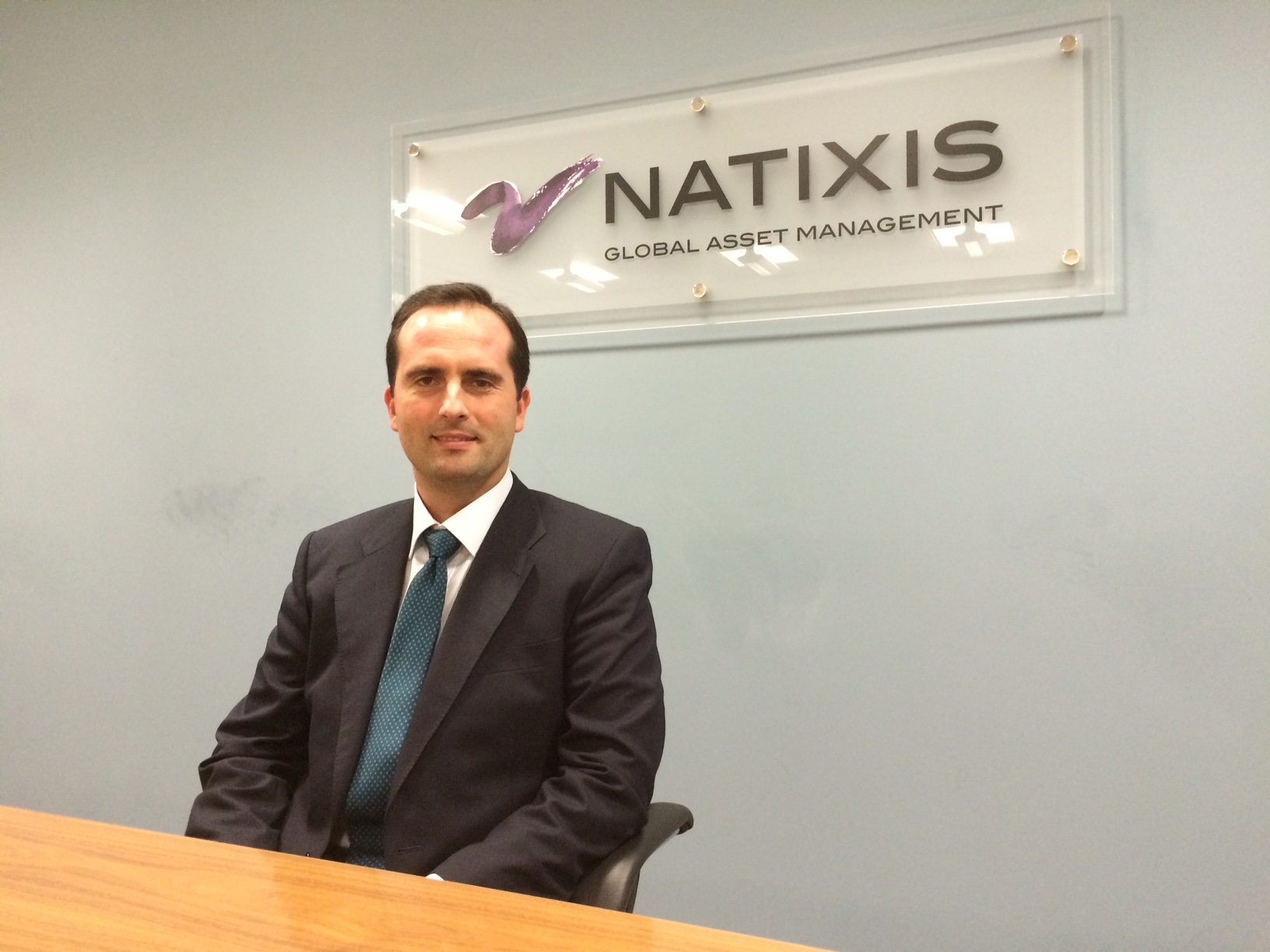The world’s institutional investors are confidently heading into 2022 armed with tactical strategies to counter their expectations of rising inflation, interest rate hikes and higher stock, bond and currency volatility, according to a survey by Natixis Investment Managers.
The study shows that 62% of institutional investors expect pent-up demand for big-ticket items will be a significant driver of growth in 2022 – dubbed ‘revenge spending’. However, most believe that policy makers ultimately hold the keys to economic recovery and that those policies are behind the current imbalance in supply and demand, inflation, and distorted stock valuations. In this sense, nearly 68% believe that once central banks stop printing money, the long bull market will come to an end, but not in the year ahead.
This conclusions are based in the answers of 500 institutional investors who collectively manage more than $13.2 trillion in assets for pensions, insurers, sovereign wealth funds, foundations, and endowments around the world. Natixis IM has found that institutional investors plan to make few broad changes in their overall allocation to stocks (39%), bonds (37%), cash (5%) and alternatives or other (19%) in the year ahead. Instead, they are positioning themselves to make tactical moves.
Inflation, interest rates and the hunt for yield
Seven in ten investors say rising inflation is a top portfolio risk, though they are more likely to believe it is structural (55%), resulting from a combination of loose monetary policy and low interest rates, rather than cyclical (45%). The survey shows that inflation poses a number of long-range economic issues, but interest rate policy presents institutional teams with more immediate investment challenges, with 64% of respondents citing interest rates as a top portfolio risk.
“Over a decade of low rates, and some even sinking into negative territory during the pandemic, have sent institutions on a hunt for yield”, says Natixis IM. That’s why private assets and alternatives have been sought after in 2021 with 84% of institutional investors now investing in private equity, 81% private debt and 81% in infrastructure. For 2022, information technology (45%), healthcare (41%) and infrastructure (40%), followed by energy (34%) are the most attractive sectors.
However, 45% of respondents think private assets will offer a safe haven in the event of a market correction, as private markets continue to rise into record territory. Besides, 69% of those surveyed are concerned that institutions have taken on too much risk in their pursuit for yield.
The study reveals that high volatility and distorted valuations mean active management is the preferred strategy. “Active management will be central for institutional investors wanting to be selective in finding the best opportunities and to achieve better risk-adjusted returns. Three-quarters of those surveyed say their active investments outperformed the benchmarks over the past 12 months”, points out Natixis IM.
Lastly, institutional investors are also warming up to digital assets, with 28% already investing in cryptocurrencies, and four in 10 believe a digital asset to be a legitimate investment opportunity.
The re-opening of trade: winners and losers
As for the economic context, 56% see supply chain disruptions as the greatest risk to recovery. According to the study, central banks play an outsized role in market performance for institutions and 47% see less supportive policy as a risk; and “while traditional economic factors are the biggest risks right now, new variants, like the newly discovered Omicron variant, still rank number three on their list of economic risks”.
Despite this, 60% say they believe that life will return to pre-Covid normal after the pandemic, which is expected to be reflected in trading trends. Institutions are less focused on streaming and digital products, predicting instead that we will see in-person experiences, such as theatres, restaurants, and travel, outperforming at-home trade, such as online shopping and Netflix.
The asset manager highlights that 59% of institutions believe the energy sector will outperform in 2022 as economic recovery drives up demand. Nearly half (49%) see healthcare outperforming in response to the demand from Covid and subsequent vaccine drives around the world.
The pandemic also impacted the outlook for the information technology sector, which was thrown into sharp focus during lockdowns when working from home drove the need for home IT solutions. On the other hand, traditionally defensive markets are expected to be the biggest underperformers, with 35% of institutional investors predicting real estate will underperform and 27% utilities.
“Revenge spending will prove to be a real driver in 2022. There’s real pent-up demand from consumers who are in the market for big-ticket items, but we expect supply chain disruptions will continue to drive up prices. However, sustained economic growth is riding on central banks, which currently hold an outsized role in market performance. The majority of institutional investors see the long bull market coming to an end once central banks pull back on supportive measures”, commented Andrew Benton, Head of Northern Europe at Natixis IM.
He also pointed out that generally, institutions are looking into 2022 with optimism. “But high volatility across the stock market, rising inflation and interest rates are keeping investors on their toes, increasingly pushing them to allocate more tactically to navigate the current environment”, he added.



